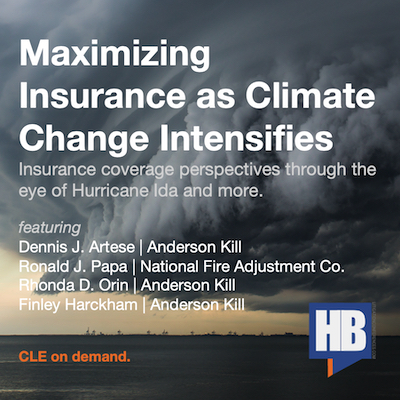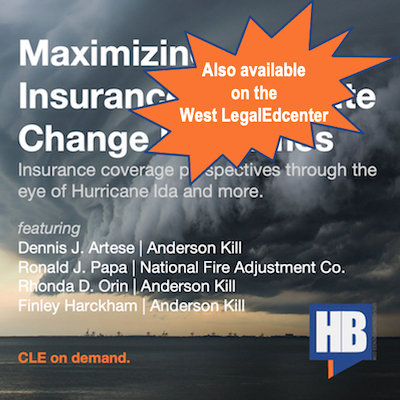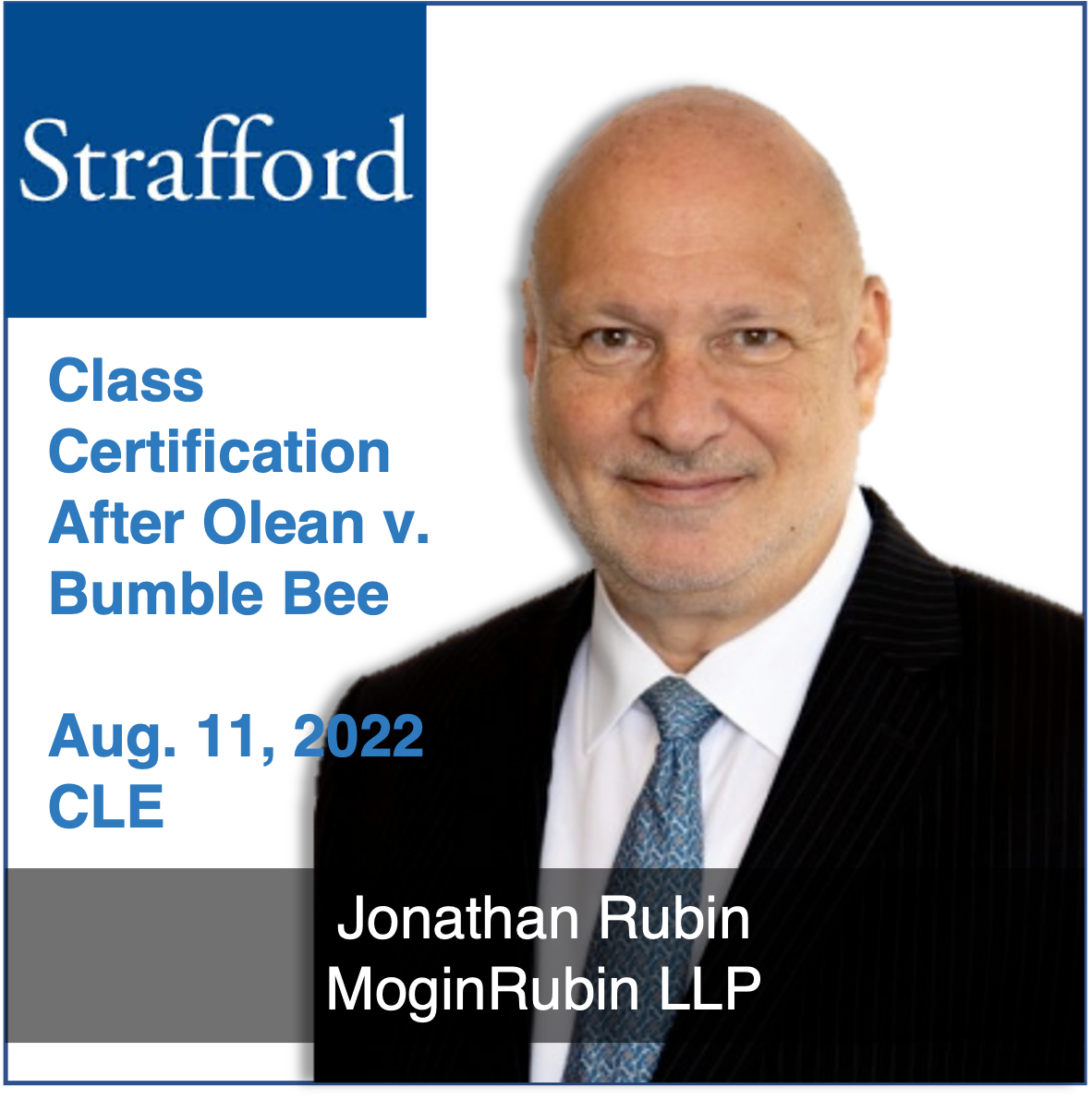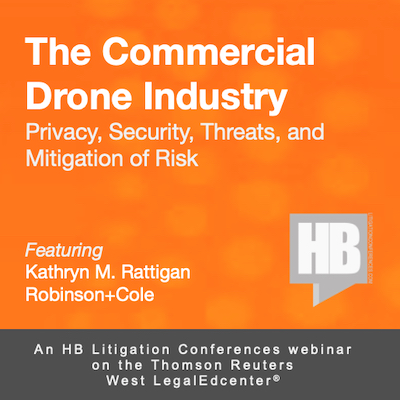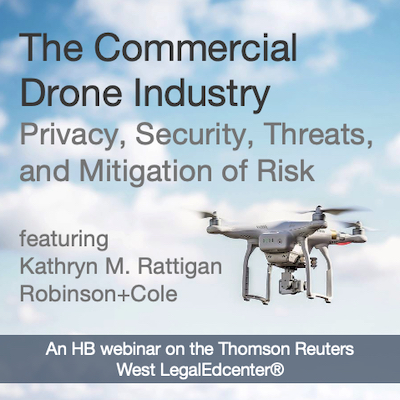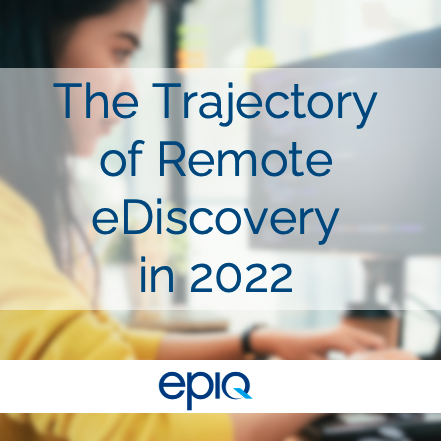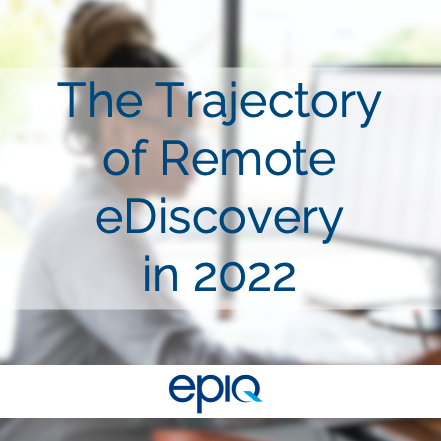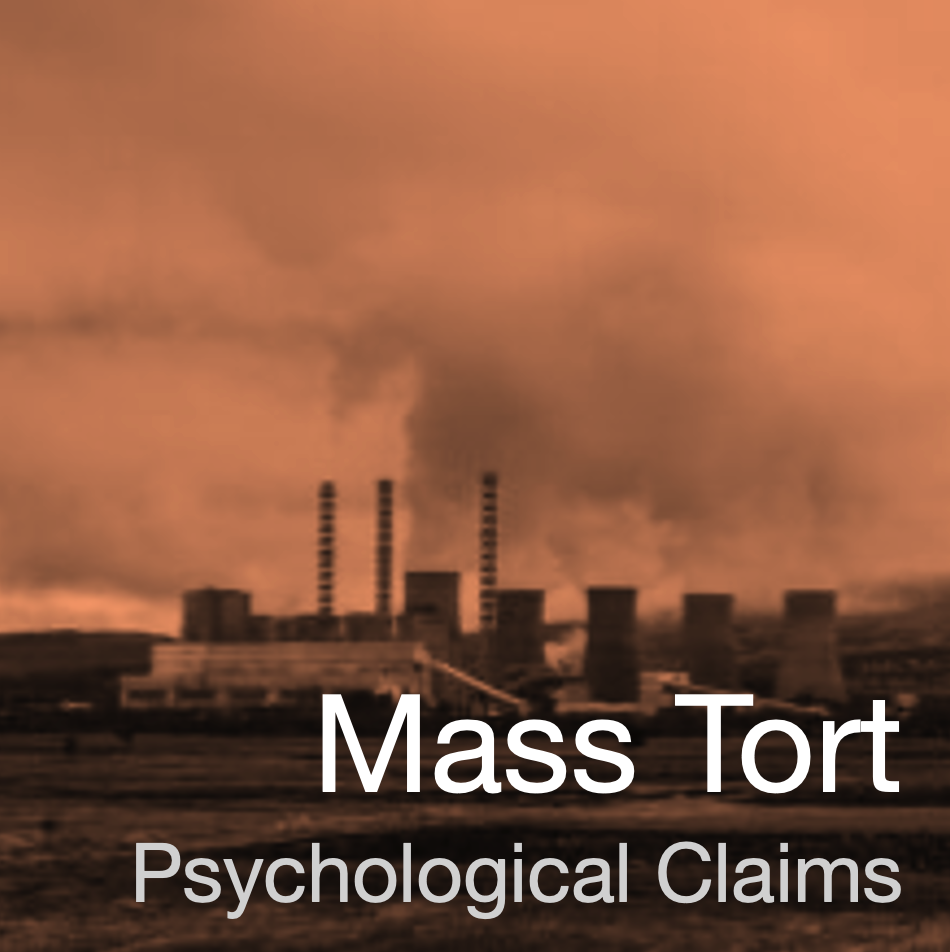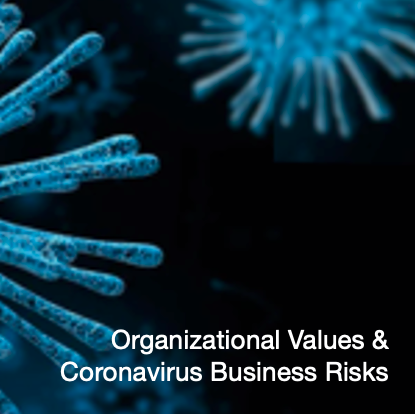By Kim Lavin
Manager of Research Services
Verus LLC
klavin@verusllc.com
609-466-0427
Judge Abused Discretion in Striking Expert Evidence, NJ Appellate Court Finds
Reverses 2016 Summary Judgment in Ovarian Cancer Cases
On August 5, a three judge panel from the New Jersey state appeals court reversed a 2016 summary judgment granted in favor of defendants, talc manufacturer Johnson & Johnson and talc miner Imerys Talc America in cases brought by two women who allege J&J’s talc products caused their ovarian cancer.
In its opinion, the panel ruled that Atlantic County Superior Court Judge Nelson C. Johnson abused his discretion by serving as the fact finder in deciding the credibility of the plaintiffs’ experts’ opinions instead of merely assessing whether the doctors’ opinions were based on sound scientific methodology. The trial judge acknowledged that the experts, Dr. Graham Colditz and Dr. Daniel Cramer, were qualified but opined that their scientific studies and evidence were narrow and shallow, showing a preference for cohort studies and their larger sample sizes over the case studies relied on by the experts. In overturning the ruling by the trial court and discussing the studies cited by Colditz and Cramer, the appeals court stated that those studies satisfied the criteria outlined in the Federal Judicial Center’s Reference Manual on Scientific Evidence and also noted that size and the types of study are not the sole determinants of reliability.
As a result of the plaintiffs’ experts’ testimony being reinstated, a dispute over a material fact exists in the matter and the case will proceed.
The two cases, brought by plaintiffs Brandi Carl and Diana Balderrama, were the first two to be tried from the group of 100 lawsuits included in New Jersey’s multi-county litigation.
Maximizing Insurance as Climate Change Intensifies
HB presents an Anderson Kill webinar on-demand MAXIMIZING INSURANCE RECOVERY AS CLIMATE CHANGE INTENSIFIES As weather-induced disasters continue to intensify, maximizing insurance coverage after major storms, floods, wildfires, and other natural cataclysms is an essential survival skill for any business. In this session, attorneys who have successfully litigated property, business interruption and contingent business interruption claims from Hurricanes Katrina through Ida, along with wildfire and other major disaster claims, walk participants through all phases of insurance recovery, from buying the right policies to pursuing claims with persistence and awareness of pitfalls, to litigating successfully when necessary. Specific lessons from Hurricanes Sandy (2012), Harvey (2017) and Maria and Irma (2020) will be addressed. Topics: Developing a pre-storm preparedness plan, including mitigation efforts, assembly of a claims team, and insurance coverage review; Moving quickly to protect property from further damage, performing all emergency repairs, and documenting all losses in detail; Preparing and presenting well-supported property damage claims; Recognizing and including business interruption losses and extra expense outlays; Highlighting policy interpretation issues that affect the scope of available coverage; Outlining strategies for pursuing claims and incentivizing the insurance company to resolve them with due speed. On-Demand Registration Includes 1+ CLE credits (subject to bar rules). CLE codes are embedded in the video. CLE questions? Insights from experienced professionals. The complete PowerPoint presentation. Continued access to the complete recording for later use. Answers to your questions via email to the presenters, or write to HB. Meet the Panel Finley Harckham Anderson Kill Finley is a senior litigation shareholder in the New York office of Anderson Kill and serves on the firm's Executive Committee. Finley regularly represents and advises corporate policyholders and other entities in insurance coverage matters. He has successfully litigated, arbitrated and settled hundreds of complex coverage claims. His areas of particular focus include property loss, environmental, business interruption, directors and officers liability, construction, professional liability, aviation liability, cyber and general liability claims. [...]
Class Certification After Olean v. Bumble Bee with Jonathan Rubin of MoginRubin LLP
Featured Speaker Jonathan focuses his practice exclusively on antitrust and competition law and policy. As a litigator, he has led trial teams in major antitrust cases in courts throughout the country. As a thought-leader in competition law, he has published in influential academic journals and has spoken to numerous professional groups, including the Directorate General for Competition of the European Commission, the Antitrust Section of the American Bar Association, the University of Wisconsin, and the American Antitrust Institute. Jonathan has also made several appearances before congressional committees. More About Rubin For more information please email Tom Hagy Explore more from MoginRubin LLP! Blog: Emboldened by New Resources and Expanded Authority, Feds Continue 10-Year Look Back at Chinese Investment. By Dan Mogin, Jonathan Rubin, Jennifer Oliver, and Timothy LaComb. List OnDemand CLE Webinar: The Antitrust Case Against Google. Dan Mogin, Jonathan Rubin, Jennifer Oliver, Timothy LaComb, John Newman, Dr. Alan Grant Blog: FTC’s Case Against Facebook Will Test the Flexibility of U.S. Antitrust Law.Authors: Jonathan Rubin and Jennifer Oliver, MoginRubin LLP Blog: Full Ninth Circuit Removes Unwarranted Hurdles to Class Certification. Journal: Policy Derailed: Can U.S. Antitrust Policy Toward Standard Essential Patents Get Back on Track by Jonathan Rubin Webinar: Class Certification After Olean v. Bumble Bee with Jonathan Rubin, James Bogan lll, Jonathan Cohn, Bradley Hamburger. Journal: FTC v. Amazon: Market Definitions and Section 5 of the FTC Act Podcast: Algorithmic Software Facilitated Price Fixing with Jonathan Rubin Plus, additional insights from the MoginRubin Blog. Class Certification After Olean v. Bumble Bee Expert Testimony, Uninjured Class Members, and Article III Standing This CLE course will discuss the ramifications arising from the Ninth Circuit’s en banc decision in Olean Wholesale Grocery v. Bumble Bee Foods, 31 F.4th 651 (9th Cir. 2022) (en banc), addressing numerous important class certification issues. The program will address Olean’s critical holdings regarding the evidentiary burden under Rule 23, how expert testimony should be assessed at the class certification stage, and the relevance of injury and Article III standing to assessing Rule 23’s predominance requirement and [...]
The Commercial Drone Industry: Privacy, Security, Threats, and Mitigation of Risk
HB presents a CLE-eligible webinar Now on-demand at the West LegalEdcenter THE COMMERCIAL DRONE INDUSTRY Privacy, Security, Threats, and Mitigation of Risk Drones have become an increasingly valuable tool for businesses of all types and sizes. Drones are already being used in many applications, but more will certainly arise as the technology advances. This means that certain risks, like cyber threats, will also continue to present themselves. Protecting the transmission and storage of data collected through drones is critical. Unfortunately, security usually comes as an afterthought. The drone industry is part of the aviation industry, which, based on its knowledge, keeps safety as a number one concern. Part of that safety is having proper protection for your systems, including security as a fundamental design principle. Take this webinar to gain insights on the topics listed below, and shared by an attorney who practices on the cutting-edge of this evolving technology. Topics: Defining drones. Current and future applications. FAA Modernization and Reform Act of 2012. FAA Part 107 Regulations and waivers. Resources, e.g. the FAA Drone Zone and LAANC Portal. Penalties for violations. Privacy implications. Drones as weapons. Vulnerability to cyber attacks. Take it now! What you get: 1+ CLE credits (subject to bar rules). Insights from an experienced professional who specializes in this area of the law. The complete PowerPoint presentation. Continued access to the complete recording for later use. Answers to your questions. Fee: No additional charge to subscribers to the West LegalEdcenter. Non-subscribers may take the course for $170. Meet the Speaker Kathryn Rattigan Robinson & Cole LLP Kathryn Rattigan is a member of the firm's Business Litigation Group and Data Privacy + Cybersecurity Team. She advises clients on data privacy and security, cybersecurity, and compliance with related state and federal laws. She assists clients in assessing risks related to technology and software contracts, as well as with compliance-related issues with outsourcing and [...]
The Trajectory of Remote eDiscovery Review in 2022
Epiq presents a CLE-eligible webinar The Trajectory of Remote eDiscovery in 2022 Practical guidelines for planning the eDiscovery program for your firm or legal department based on the latest insights. Join legal industry analyst Ari Kaplan, Eric Crawley, Epiq’s managing director for global advanced solutions, Seth Eichenholtz, Director of eDiscovery at Mastercard, and Lora Ramsey, eDiscovery Manager at Walmart for a discussion about the current state of electronic discovery within corporate legal departments and the future of remote options in a post-pandemic environment. Kaplan will reveal – and the panel will discuss – findings from the Epiq-commissioned report based on the perspectives of 30 leading corporate legal eDiscovery professionals about the challenges, tactics, and best practices fueling change in this sector. Eighty-seven percent of the respondents reported that they handle some document review processes with support from their outside counsel. Sixty-three percent also utilize alternative legal services providers (ALSPs). With the near-universal deployment of remote reviewers during the pandemic, only 10 percent of the respondents reported seeing disadvantages. For many organizations, the document review process involves a combination of resources and is often driven by cost and risk. One respondent told us: “We want the lowest cost resource that offers the highest quality work, which is not always the outside law firm.” If you answer yes to any of these questions, this webinar is for you: How can my firm make the most informed decisions about our document review processes given the new wide acceptance of remote work? Should our litigation and investigative teams work with alternative legal service providers to conduct remote review? What are the benefits? What do our clients, namely corporate e-discovery professionals, think about remote review and the role of law firms in the process? On-Demand Registration What you get: 1 CLE credit (subject to bar rules). CLE codes will be announced. For questions write to CLE@LitigationConferences.com. 60 minutes of insights from experienced professionals. The complete PowerPoint presentation. Continued access to the complete [...]
Mass Tort Emotional & Psychological Claims
Emotional & Psychological Claims in Multi-Plaintiff Toxic Tort Litigation: What attorneys need to know about the scientific and medical aspects of these injuries. On-Demand | Recorded October 27th, 2020 ON DEMAND WEBINAR REGISTRATION Emotional injury claims often arise in toxic torts due to exposure to asbestos, mold, carbon monoxide, and environmental contamination, to name a few. And now, as large swaths of the nation are often engulfed in flame, what physical and emotional effect might manifest from prolonged smoke inhalation? Determining the validity of these injuries and any causal connection is difficult. It requires careful study by truly qualified experts often from various disciplines. When psychological harm exists, it can be debilitating. There is much an attorney should know when wading into these types of claims. How often is there a legitimate injury? What different types of injuries are there? What should attorneys know when working with or challenging psychological experts? How is causation proven or disproven? How are damages determined? Join our panel comprising a forensic neuropsychologist, an industrial and occupational physician, a forensic psychiatrist, and an experienced mass tort practitioner as they share their insights and experiences. Key Points Understanding the different types of psychological injury claims. Understanding the differences between objective injuries that are easy to identify and distinguish, versus subjective injuries such as pain or restricted movement. Distinguishing between real psychological injuries and malingering. Understanding the frequency of valid emotional injuries. Identifying the causal relationship between exposure and health effects. Knowing and understanding key medical studies. Understanding the evidence needed to prove or disprove claims. Evaluating damages, such as treatment costs and the extent of functional impairment. On Demand Webinar Registration Includes Nearly 75 minutes of insights from experienced professionals. CLE credit: 1+ (subject to bar rules). For CLE questions: CLE@LitigationConference.com The complete Power Point presentation. Continued access to the complete recording for later use. Answers to your questions via email to the presenters or write to HB and we will be sure to contact the speakers. ON DEMAND WEBINAR [...]
Organizational Values & Business Risks: Properly Balancing Stakeholder Concerns
Accommodations. Appropriate accommodation for high-risk employees or employees with family members who are at a heightened risk. Mitigation. Attention to means of mitigating transmission and infection. Tracing. Contact tracing and management of data collected, including health data, as well as responses to employees who refuse to report. Patient Sensitivity. Duty to avoid discrimination and stigmatization. Preparedness. Developing plans to address possibility of re-occurrence in the fall and managing possible outbreaks in company’s offices. On-demand on the Thomson Reuters West LegalEdcenter as part of the HB catalog. Organizational Values & Coronavirus Business Risks: Properly Balancing Stakeholder Concerns Produced for Emory University Center for Ethics by HB Litigation Conferences The current pandemic confronts businesses, nonprofit organizations, governments, and the legal profession with innumerable ethical challenges. Management issues and liability concerns, stakeholder demands and legal duties become even more complex in an environment of uncertainty and one where the consequences could result in serious illness or even death. This program seeks to engage the participants in thinking through these challenges and developing processes of ethical response to them. Managers must acknowledge and address the framework of fear associated with the pandemic, ranging from fear of contagion and death to fears of unemployment, childcare, and the duties of home-schooling. Additionally, as the economy reopens there must be serious attention to the processes of doing so. Join Professor Edward L. Queen from Emory University for invaluable insights. Emory's medical team was on the frontline of the 2014-2016 Ebola epidemic, which began in December 2013 when an 18-month-old Guinean boy contracted the disease. According to the CDC, the outbreak ended with more than 28,600 cases and 11,325 deaths. Eleven people were treated for Ebola in the United States. Edward L. Queen Director of Ethics and Servant Leadership Emory University Professor Edward L. Queen Edward L. Queen is director of the D. Abbott Turner Program in Ethics and Servant Leadership and Coordinator of Undergraduate Studies at Emory University’s Center for Ethics. At Emory he also serves as [...]


